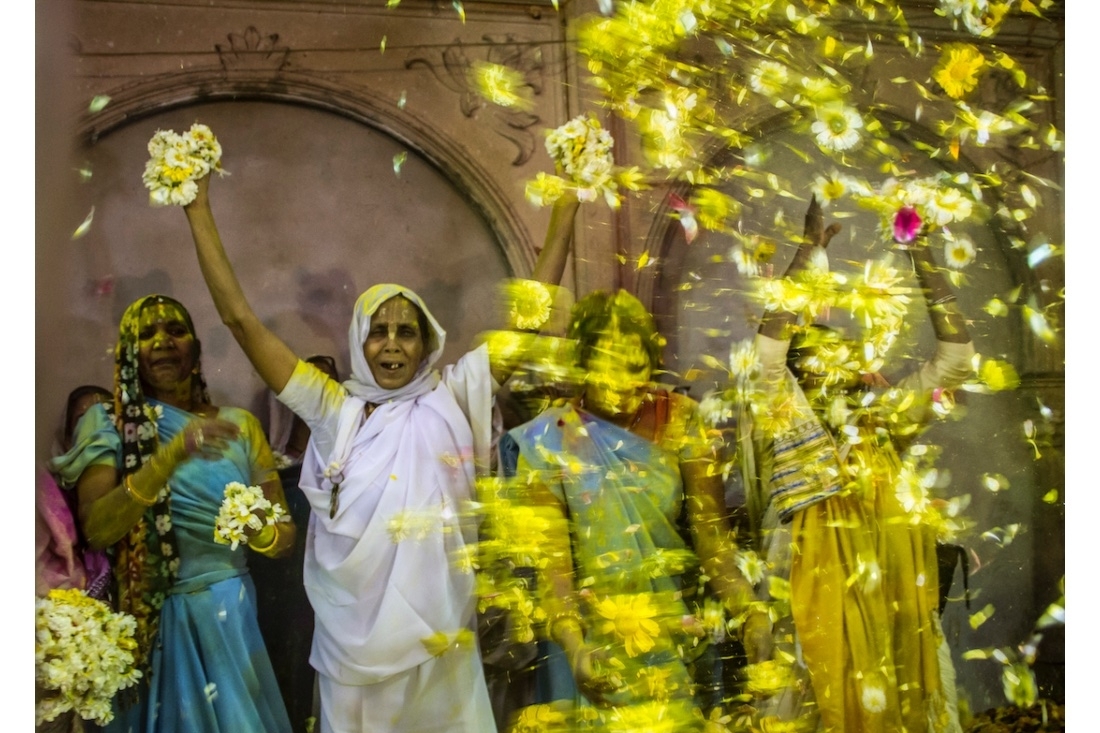
Sisterhood, Vrindavan, © Sujata Khanna

Sisterhood, Vrindavan, © Sujata Khanna
Visual storyteller Sujata Khanna grew up with the camera. Whether it was at school trips, family holidays or the mundane get-togethers with her friends, she wouldn’t stop clicking those around her. It was only in the year 2012 that Sujata felt the intense need to move out of her comfort zone, Delhi, and explore more than just the development sector professionally. She felt the yearning to study again and was instinctually led towards photography. She tells me, ‘Little did I know that studying photography was re-introducing me to myself. I remember on the final day of Keith Carter’s workshop, being introduced to the Wet Plate Collodion process. I felt overwhelmed when I saw the image created a few minutes ago come to life in the darkroom, using this historical process. I grew even more curious about the history, the roots of this visual medium.’ She sees any image as a dialogue between her innermost self and the external experience she’s engaging with.
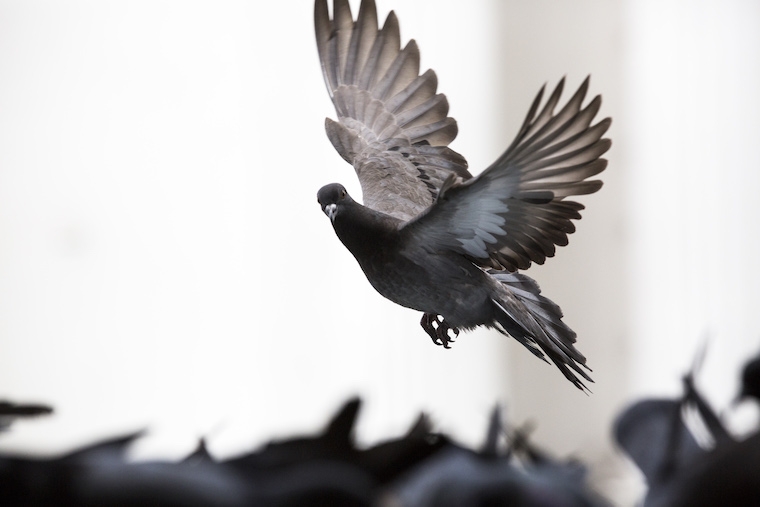
I Am Her, © Sujata Khanna
Sujata’s relationship with photography has always been intimate. She grew up with vivid impressions in her head of moments banal or otherwise. She explains, ‘Capturing a moment, capturing a fraction of a second is perhaps my way of revisiting a moment — to rejoice within its grace or to document it as a part of history. When I began observing my surroundings and environment, I made a shift visually. I started seeing instead of looking. I started making images rather than taking images. I started observing an underlying order within chaos.’ Currently, she sees in photography the potential to be more than mere work. It is the medium via which she narrates the tales that stir her, and the stories she wishes to keep alive.
‘For me, photography is my medium of choice to narrate stories. Stories from within our species, of the animal kingdom, and nature. Stories of the voiceless or those whose voice gets drowned by this chaotic world. For me, photography is a medium to keep uncomfortable issues alive in conversations. It is also a celebration of the light within us, of hope, of resilience, of belonging,’ Sujata adds. The social documentary photographer transitioned to the field in her early 30s. Sujata’s belief in her choice grew as she made the decision to amalgamate her two careers — the development sector and photography.
When it comes to inspiration, Sujata’s thought process is clear and precise. She finds herself gravitating more towards stories of hope, resilience, struggle and courage. Inspiration usually strikes during conversations, which further give rise to an innate curiosity. She views her work as an extension of her beliefs and the inkling to know more and search for answers. The photographer’s process is purely organic and instinctual. She breaks it down further, ‘Usually, when I capture an image I ‘see’ a moment, and within that fraction of a second, the dots will connect — a gesture, time, light and of course intuition. And then there are times when I’ll observe a moment unfurling before my eyes and I intuitively feel that if I compose and wait, the moment will come to me.’ There are times though, she asserts, when a certain day or moment has to be recreated, owing to the strict timelines that come with working for the development sector.
A quick glance through Sujata’s recent project Unsung Lives will easily express the complexities her images hold. Through a close look into the lives of the musicians that lighten up Indian weddings, the series explores the deeply embedded class structure that pervades society. Her lens captures, ‘the tension between bandwallahs (musicians) from some of the most poverty stricken states in India, yearning for appreciation, and a society that treats their talent as mere commodity. Unsung Lives provides a hope that these images offer some visibility to the bandwallahs and their life of contradictions, and the society becomes aware that away from the bright lights of the wedding procession, is a very different life for these musicians. Simply being treated humanely, being accepted by society, are all such humane desires.’ She believes the series acts as a reminder of how progressively society is imbibing being unkind and immune to the suffering of others. She asserts, 'That all one hungers for is an act of kindness, of acceptance. Is that such an impossible ask?.' Drowning in our own privilege, we are slowly forgetting basic human values such as compassion.
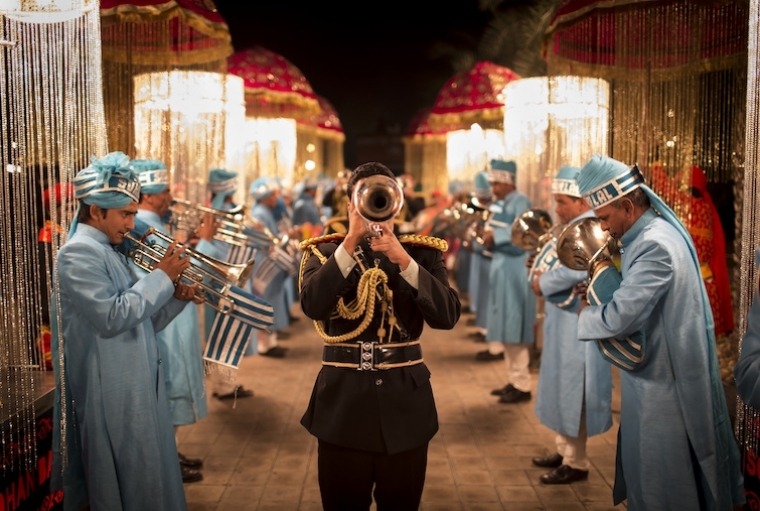
Unsung Lives, © Sujata Khanna
During the initial months of the pandemic, the photographer spent her time reading and connecting with nature. ‘I continued to do activities that centred me. I constantly created images of my everyday space and my walks, even though only through my phone. Being restricted to a space makes you follow the passage of light meditatively. It is therapeutic. I was grateful every day for the privilege and luxury that was denied to millions. In retrospect, I am grateful for this pause. The isolation allowed me to feel, to reflect, to be vulnerable, to understand myself better. I recently travelled on assignment after a year and felt I could breathe,’ she shares.
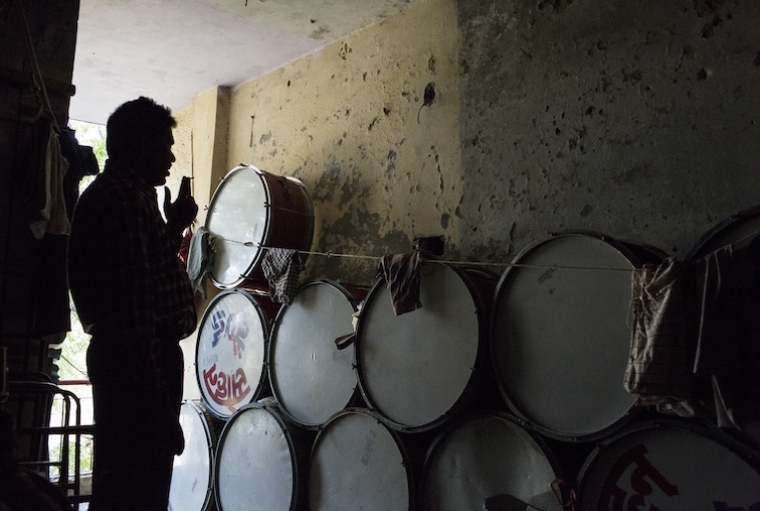
Unsung Lives, © Sujata Khanna
On the work front, Sujata wishes to create an artefact or a photobook of her project I Am Her. Centred around her nani ma (maternal grandmother), the project deals with keeping memories alive in loss. Talking about one of her other projects, on a parting note, she shares, ‘I also have a collection of photobooks by photographers I have assisted or studied with. I hope to offer, share these books, in different spaces once a month, in a sort of travelling library concept. I wish to sit with like-minded people and silently soak in these books, these artists, and have conversations about the visual medium of expression.’
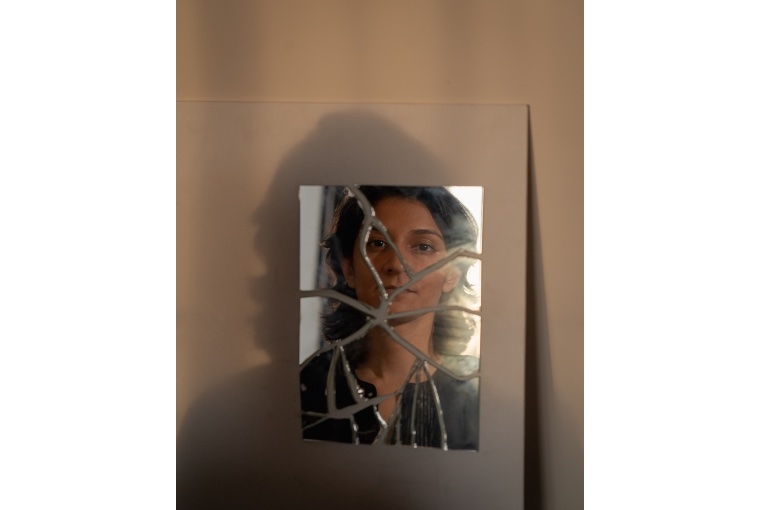
Sujata Khanna by Sameer Raichur